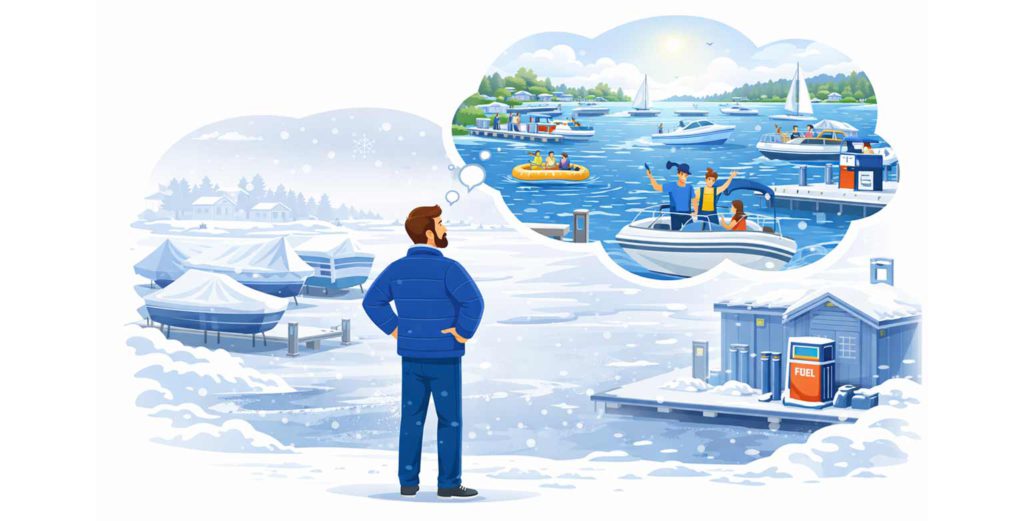Tornadoes are certainly a scary concept–the recent tornadoes that devastated the states of Kentucky, Arkansas, Illinois, Mississippi, Missouri, and Tennessee were catastrophic, and tore apart houses, property, buildings, and even families. At one point, almost 300,000 people were without power, which only made dealing with the storm’s aftermath all the more challenging. This level of destruction is painful and stressful beyond comprehension, and dealing with a complicated insurance policy afterwards is the last thing anyone wants.
So let’s take a close look–while we have the time and the safety of a roof over our heads–at what types of coverages apply to tornado damage. Weed Ross is here to break down what is and isn’t covered by homeowners insurance and renters insurance policies in these instances. We’ll also provide some helpful resources to hopefully boost your knowledge and understanding of what you can do to be as prepared as possible in the event of a tornado.
In this article, we will cover:
- Is Tornado Damage Covered by My Homeowners or Renters Insurance?
- What Tornado-Related Things Aren’t Covered by My Policy?
- What About Power Outages Resulting From a Tornado?
- What Can I Do to Prepare for a Tornado?
Is Tornado Damage Covered by My Homeowners or Renters Insurance?
Though situations vary from policy to policy, most homeowners or renters insurance policies will cover damage directly caused by a tornado. Tornadoes fall under the category of “windstorm,” which also includes hurricanes, cyclones, and other dangerous high winds. Windstorms are typically covered in a home insurance policy as part of what’s called “dwelling coverage.” Additionally, personal property coverage can provide reimbursement to repair or replace belongings that were damaged inside the home. Personal property coverage is a standard aspect of homeowners or renters insurance, but it’s always a good idea to check your specific policy. It’s also important to remember that you likely have a deductible that will come into play depending on your individual circumstances.
What Tornado-Related Things Aren’t Covered by My Policy?
While damage from the destructive wind of a tornado is covered in most home and renters insurance policies, there are several other perils that can often accompany these types of windstorms, some of which may or may not be covered. For example, tornadoes often result in floods, and floods aren’t normally part of your standard insurance. You can, of course, add flood insurance to your homeowners or renters insurance policy, but this would usually be an extra addition.
Tornadoes sometimes uproot trees or knock them over. If you experience damage or loss from a falling tree, your policy might not cover it, especially if it was an old, rotting tree that you neglected to manage before the storm. Conversely, if a tree were to fall onto your car it may be covered, just not by your homeowners or renters insurance. This is an incident that falls under your auto insurance. For these reasons, it’s important to speak with an insurance expert, like those at Weed Ross, to make sure you know and understand what types of coverages your insurance policy offers.
What About Power Outages Resulting From a Tornado?
Power outages are unfortunately very rarely covered in insurance policies. Unless the tornado causes a power outage that actually inflicts damage to your home or dwelling, you will most likely not be covered. This means that food that goes bad as a result of a non-working refrigerator is not reimbursable. However, if you’re forced to vacate your home because the power outage renders it unlivable, you may qualify for Loss of Use coverage that is sometimes in your home or renters insurance package.
What Can I Do to Prepare for a Tornado?
Tornadoes can develop rather quickly, so preparing for these events can be challenging. In the United States, most tornadoes occur between March and June, though extreme weather continues to become increasingly unforeseeable–it’s really up in the air, so to speak. But using this timeline as a basis, it’s wise for homeowners to prepare for tornadoes before this season with a few helpful precautions:
- Install storm windows and shutters
- Reinforce the roof
- Secure cabinets and large furniture
And in the worst case scenario, should a tornado actually be heading toward the property, of course you should seek shelter in a tornado-safe space, such as a stairwell or basement. If you’ve become aware of an imminent tornado with a day or two’s notice, it’s critical to remove dangerous or loose branches and logs from your property, clear your yard of outdoor furniture and other belongings, and collect other important assets (social security cards, home deeds, birth certificates, etc.) and keep them in a safe location. For more information on tornado preparation and safety, the CDC serves as an excellent resource.
Still have some questions about tornadoes, insurance, expectations, or preparation? Give us a call at Weed Ross, or better yet, just swing by. Our local insurance agents are always happy to help, and we know a good bit about insurance. Contact Weed Ross today.



